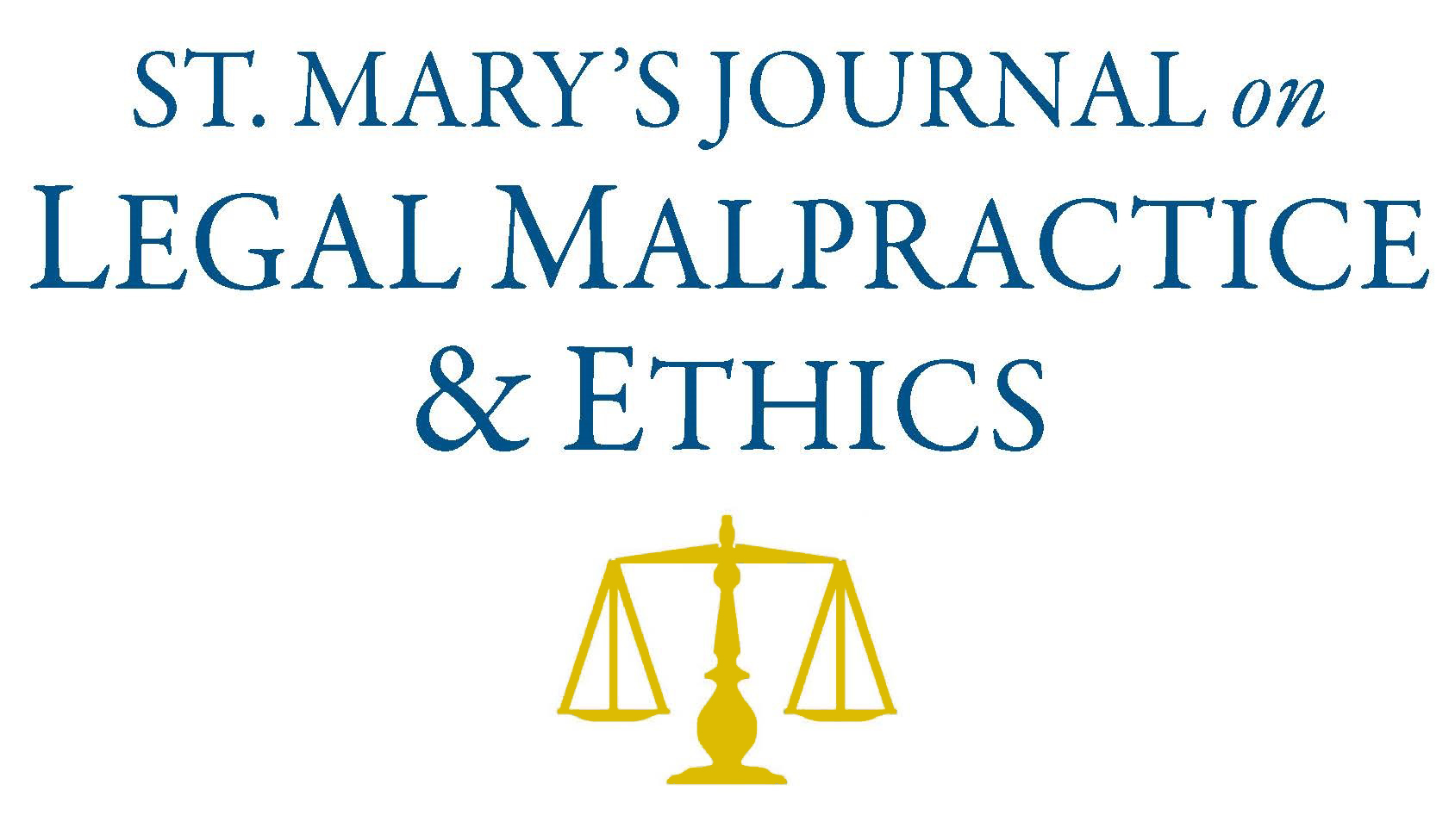
Abstract
Issues arise daily in law practice about the duties owed by lawyers to nonclients with respect to funds or property entrusted to them. In resolving those issues, care must be exercised when interpreting state versions of Model Rule 1.15, the American Bar Association’s pattern ethics rule on safekeeping of funds and property. Otherwise, a lawyer’s duties to third persons may too readily encroach on the performance of obligations owed to clients, as well as on the legitimate interests of lawyers themselves.
As numerous authorities have recognized, lawyers are obliged to protect the property interests of third persons only if they possess a “matured legal or equitable interest” in the specific funds or property held by the lawyer. To be entitled to protection (by way of safekeeping, notice, delivery, or sequestration in escrow), a third person must be known by the lawyer to hold an interest in the relevant funds or property by way of assignment, lien, court order, judgment, statute, or letter of protection. Anything less normally will not suffice. In particular, the assertion of an unmatured claim by an unsecured creditor does not require a lawyer to act in a manner inconsistent with the instructions of the lawyer’s client.
Recommended Citation
Vincent R. Johnson,
The Limited Duties of Lawyers to Protect the Funds and Property of Nonclients,
8
St. Mary's J. on Legal Malpractice & Ethics
(2018).
Available at:
https://commons.stmarytx.edu/lmej/vol8/iss1/2
Included in
Estates and Trusts Commons, Law and Society Commons, Legal Ethics and Professional Responsibility Commons, Legal Profession Commons, Property Law and Real Estate Commons, State and Local Government Law Commons

